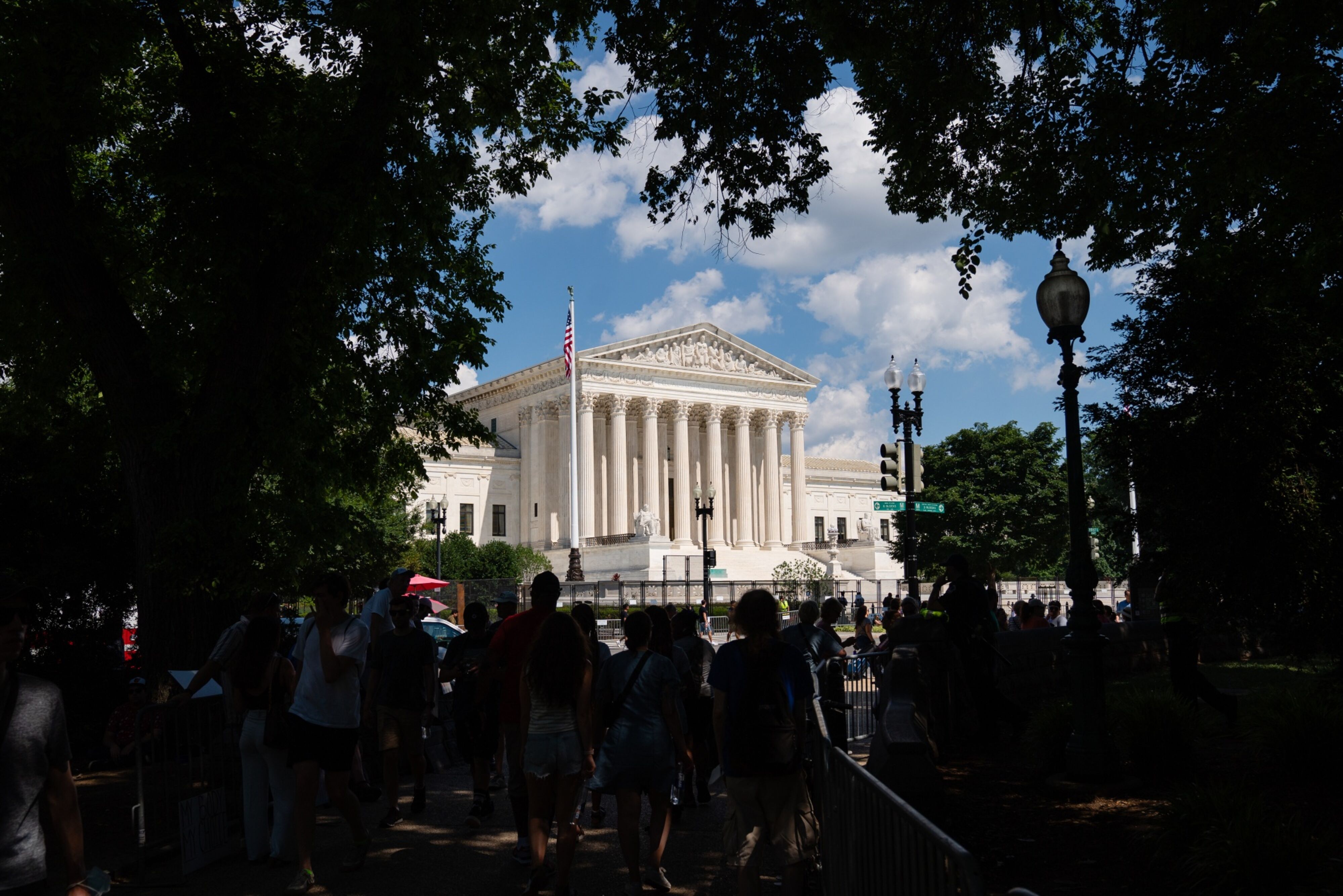
The U.S. Supreme Court will weigh Monday whether to grant the National Association of Realtors a lifeline in its bid to stop a government investigation.
The nine justices will discuss granting a writ of certiorari for the trade group’s appeal to block a Department of Justice probe into NAR’s practices. A federal circuit court last spring sided with feds, in a 2-1 decision, in stating they were allowed to reopen the investigation they agreed to close in 2020.
The association petitioned the nation’s highest court last October, asking the justices to consider the issue of the government reneging on contractual commitments. The DOJ’s Antitrust Division has sought since July 2021 to reopen civil investigative demands on NAR regarding its Participation Rule and Clear Cooperation Policy.
The Participation Rule focusing on Realtor commissions was updated last summer as part of the
The Supreme Court can reject NAR’s petition without reason, and doesn’t have a deadline to make its decision public. Representatives for both NAR and the DOJ didn’t respond to requests for comment Friday.
NAR’s case is likely to be dismissed, given the high court
“That’s a fairly narrow issue that would ordinarily not garner the Supreme Court’s attention,” said Green. “I think NAR is trying to frame it in a much more broad way to try to get their attention.”
The DOJ
The decision by the U.S. Circuit Court of Appeals for the District of Columbia reversed a lower court’s decision in favor of NAR. The association unsuccessfully asked the appeals court to rehear its case en banc, or by a full nine-justice panel. It has no avenue for recourse if the Supreme Court passes on its case Monday.
The Supreme Court deciding to hear oral arguments in NAR v. U.S. however also wouldn’t be a significant win, Green explained.
“It would be a victory for them, but it would be one of those where you still have the ball, you haven’t fumbled it, but you certainly haven’t scored yet,” he said.
The high court’s hearing decision probably won’t impact the real estate industry, at least not immediately. The changes stemming from Sitzer/Burnett have had a
Mortgage players meanwhile could be watching the Supreme Court’s move as a clue to how it could handle other government agreements from regulators like the
“There might be some greater certainty in terms of the other agreements,” said Green, referencing the CFPB and the U.S. Department of Housing and Urban Development. “That might impact mortgage lenders in a way, so I think there’s still a watchful eye toward those things.”
